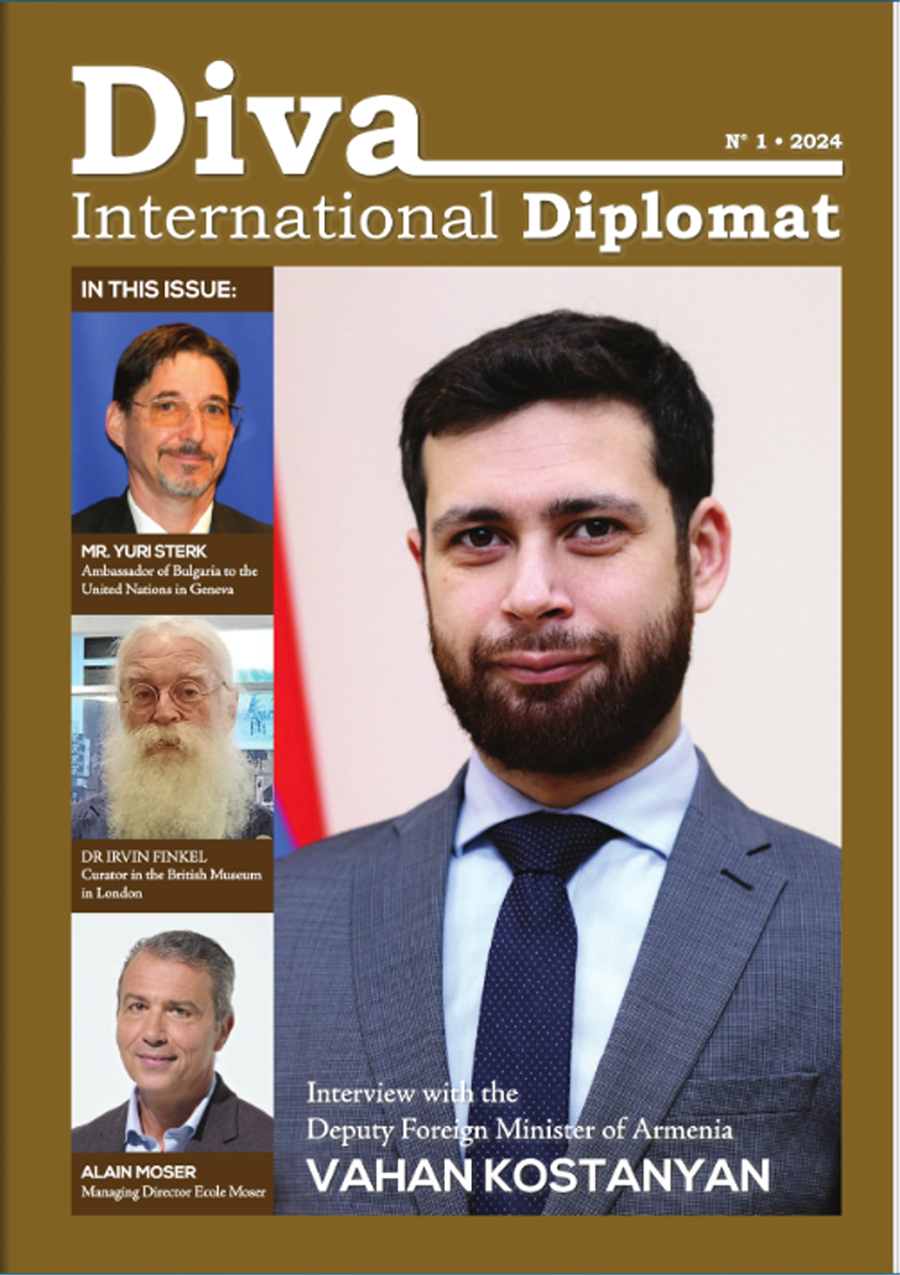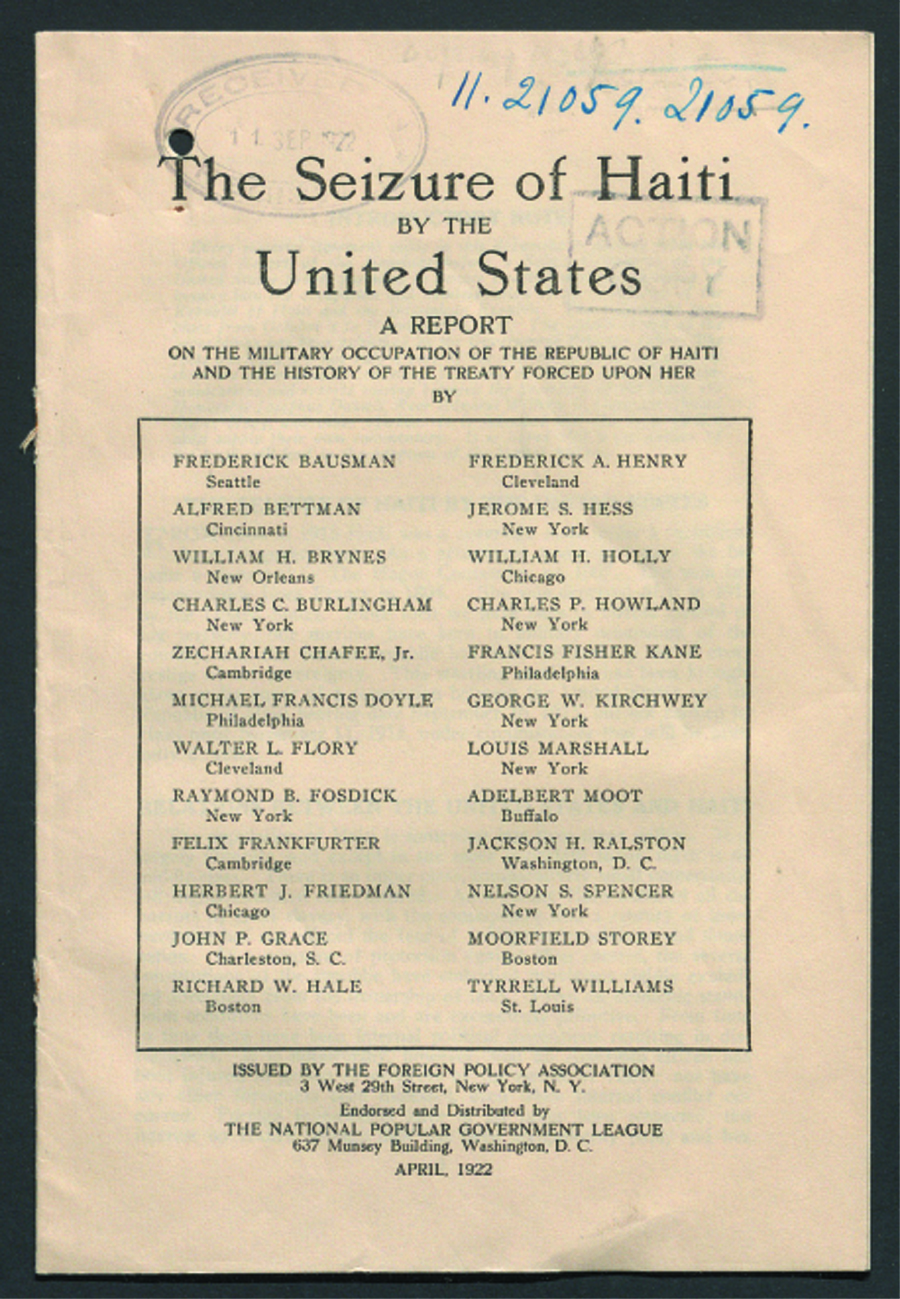
Businessman’s Blues by Mufid Sukar
- The Blame Game
Many years ago, I worked for a major UK retailer in the Research and Development division of the company implementing new technology from loyalty cards, to logistics, automated checkouts and a variety of other innovative ideas. They had 5 stores throughout the UK, branded differently from the mother company and were open to the bemused public to shop in those stores as though they were normal stores. This division was set up as a separate legal entity and in addition to field testing innovative retail ideas, they attempted to make a profit, or at the very least, break even.
I worked there for about three years and largely enjoyed the experience and eventually moved on when I had a better and more interesting opportunity elsewhere. I gained a great deal of experience with the R&D division, not least of which was managing complex projects.
My first project was a resounding failure but, the company persevered with me and I felt duty-bound to try again and improve my project management skills to help deliver another piece of this gigantic jigsaw puzzle. One fundamental lesson I learnt was to deal with project risks / issues, regardless of who was to blame for the situation in hand. Analysis of what went wrong or right was left after the conclusion of the project where a post-mortem would be conducted with participation of most, if not all, stakeholders. It was the job of the project manager to ensure such a process took place at the end of the project and resist fracturing the unity / team spirit of the project by allowing finger pointing during the lifetime of the project.
“Given the last pandemic was the Spanish Flu some 90 years ago, the World had little or no practical experience to draw on.“
I was committed to this concept and carried with me for the remainder of my career, aiming to deliver the project objectives within the stipulated parameters of time / budget / scope of work. I remain a firm believer in this principle and advocate it at every opportunity.
It is important to stress that continuous review of progress, risk exposure and resolution of unexpected issues were always kept in focus in order to ensure stumbles along the way are dealt with effectively, without dissipating too much energy and focus, by identifying the person(s) that may have caused the problem in the first place. The exception being if someone is so obviously and clearly not doing their job or are collectively believed to be a disruptive element, then action must be taken to outplace them from the project. However, this is an exception rather than the rule.
Most, if not all of us, have experienced the 2020 Coronavirus pandemic. We all felt its destruction and disruptive effects on our societies, with varying degrees of intensity of damage. On the whole, most governments set out to deal with the pandemic in ways that best suited their circumstances and made judgments based on scientific and medical advice they received from their experts, taking into account the degree of acceptance by their own societies of restrictive measures they could apply to halt the spread of the virus.
A government would assemble a team of politicians, experts and implementers to review the situation on daily if not hourly basis and come up with appropriate measures as the situation continued to deteriorate or improve. Given the last pandemic was the Spanish Flu some 90 years ago, the World had little or no practical experience to draw on. So, these teams made decisions on the best available evidence at the time. It comes as no surprise that some of the decisions were spot on while others were inadequate, untimely, or wrong.
Being lockdown for days and weeks with little or nothing to do, and with the help of many data sources, including social media, we resorted to accumulating superficial knowledge on the pandemic subject. We formed our individual views and validated these views with likeminded friends and relatives to fortify our opinions. We became armchair critics of the government and the team that was actually fighting the pandemic. We ignored all the decisions and actions taken and proved to be adequate and focused on those decisions and actions that seemed ‘inadequate, untimely, or plain wrong’ and pronounced those who took such decisions to be negligent, incompetent, or both. We could have told them it wouldn’t work!
This wouldn’t be so bad if it was confined to us, the masses or the silent majority, as we are often referred to. Deep down, we know those in authority mean well, the establishment does its best for all and as human beings, they are bound to make mistakes every now and again. Besides, if we have a collective view, we are not afraid to express our displeasure overtly and exercise our democratic vote at election time.
The problem is with those who are in semi-responsible positions like experts, commentators and media types who are not part of the team dealing with the pandemic. They form views and cannot wait to express them through their media or cloaked in their academic qualifications. They pronounce the work being done as not good enough, or timely enough, or goes far enough, or is too much, too soon, and so on.
They form a constant cloud over daylight, permanent din over the music, drip-drip of toxic liquid on the road to recovery and in the process, undermine our collective hopes and prayers for deliverance from our predicament. They wait for every opportunity to shout out: I TOLD YOU SO!
“Deep down, we know those in authority mean well, the establishment does its best for all and as human beings, they are bound to make mistakes every now and again. “
This is not a new phenomenon. As a project manager, I have had characters like this standing on the edge of the project whispering into their own hands where things are going wrong and who is to blame. Should the project prove to be a success, they melt away with words trailing behind them to the effect ‘they were lucky to get away with it’. If however, the project should fail, irrespective of the reasons, they are there with rooster-like puffed up chests, reminding anyone willing to listen, that they told us so!
So, if you are one of those ‘malcontents’, please stop it; you are subtracting value from the total sum of an organisation’s strength. You don’t even have to step up and volunteer to help but, it would be nice if you did. If you are a person in a position of authority and it falls to you to guide and protect the project, watch out for those toxic characters and shoo them away; you will be doing your organisation a great favour.
- Mufid Sukkar
- PDF: IntDiplPDF2021_IntDiplPDF2021web
International Diplomat (ID) Canada / ISSN 2563-818X (En ligne) – ISSN 2563-8181 (Imprimé)





